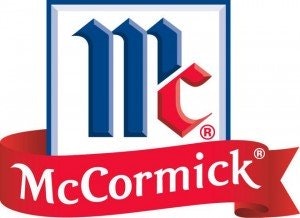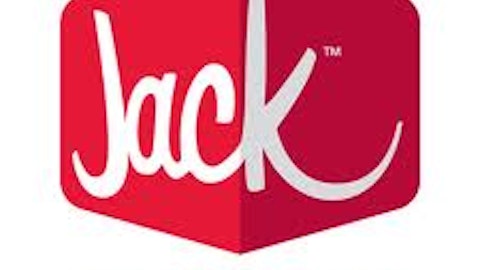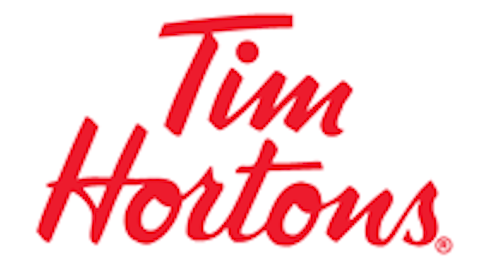Readers of my blog probably realize by now that I typically consider companies (with trusted brands) that have been on the market for years. These companies and their brands could be anything from a General Electric Company (NYSE:GE) light bulb to a cache of fries from McDonald’s Corporation (NYSE:MCD).
Investors may want to ponder the same things when it comes to buying stocks. Consider trusted companies, in whatever industry you choose, that have a history of providing returns to their shareholders. There’s nothing that’s more everyday than turning on a light bulb or having a hamburger and fries as a quick meal (okay, not every day concerning those hamburger and fries!). This ‘everydayness’ from these companies turns them into cash generating entities that are very inviting to many investors.

How spicy can GE get? Consider that GE Capital’s Telecom, Media and Technology (TMT) financing business announced in February that they completed 58 deals totaling $3.7 billion during 2012. The TMT business addresses the financial needs of customers in vital growth sectors. These include cable, data centers, towers, metro fiber, TV, digital media and software, and others. GE Capital offers consumers and businesses worldwide an assortment of financial products and services. They ended 2012 among the most active lenders to the aforementioned specialized business sectors.
Of note to investors is GE’s philosophy for building trust with their customers while providing value-added services. This is a strong basis for future growth for the Company and for ROI for their shareholders. Note what Mr. Pete Foley, Senior Managing Director of GE Capital’s Telecom, Media and Technology team, said, “We are committed to providing more than financial capital to our customers. We help them build stronger businesses by leveraging the depth and breadth of GE’s experience, including industrial and technology expertise. In 2012, we connected customers to GE’s broader domain expertise, exploring new technologies and learning how the industrial and financial sectors can come together to help them solve their toughest challenges.”
For investors, it’s important to note that GE’s taking advantage of their strength in other areas of their business; they’re offering their expertise and experience in these areas to their customers. Therefore, the company is building their business further, through exposing their customers to the full spectrum of their product and service offerings company-wide.
Now, back to my interest in and due-diligence work concerning McCormick & Company, Incorporated (NYSE:MKC); they manufacture, market, and distribute those everyday trusted products I gravitate towards. Their products include spices (McCormick’s, Lawry’s, and Old Bay), seasoning mixes, condiments and others, to consumers and the food industry. I’m shaking those spice containers quite often each evening at suppertime – an everyday kind of thing.
On January 24, 2013, McCormick & Company, Incorporated (NYSE:MKC) reported financial results for the fourth quarter and fiscal year 2012. The Company grew sales by 9 percent to reach a record $4 billion. Their percentage of sales in emerging markets rose to 14 percent from 10 percent in 2011.




